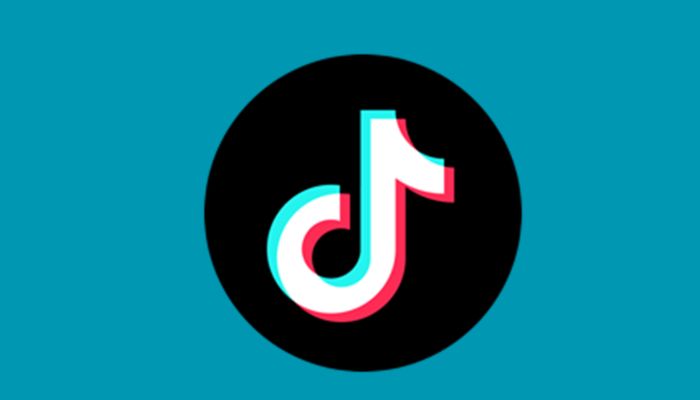
The push to ban TikTok in the U.S. intensified after Hamas’ October 7, 2023, attack on Israel. While officials cite national security threats, lawmakers admit the real concern is TikTok’s influence over young Americans and its alleged promotion of anti-Israel sentiment.
At the Munich Security Conference, Senator Mark Warner and former Congressman Mike Gallagher revealed that TikTok’s content played a key role in reviving legislative efforts. Israeli officials also raised concerns, arguing that TikTok’s algorithm amplified pro-Palestinian narratives more than other platforms.
In March 2024, U.S. intelligence briefed Congress, labeling TikTok a national security risk. However, Congresswoman Sara Jacobs dismissed the claims, stating that nothing presented was unique to TikTok. Despite skepticism, the briefing led to a unanimous committee vote advancing the ban.
TikTok escalated tensions by urging users to contact Congress, leading to a flood of calls. Some officials argued this demonstrated TikTok’s influence over young Americans.
Despite the ban, there is no public evidence linking TikTok to Chinese espionage. Critics argue the move is more about controlling narratives on U.S. foreign policy than actual security threats. The classified nature of the briefing prevents public scrutiny, leaving Americans with limited ability to challenge the decision.
